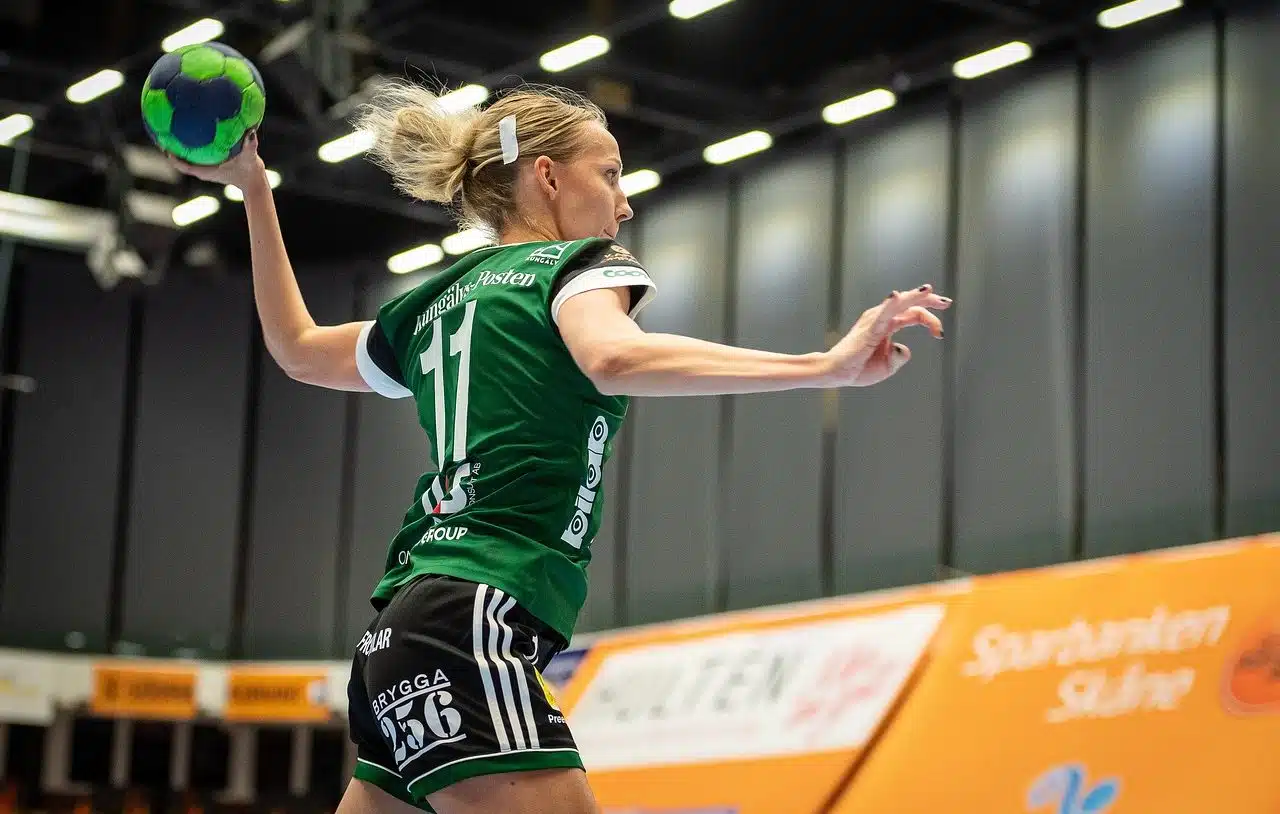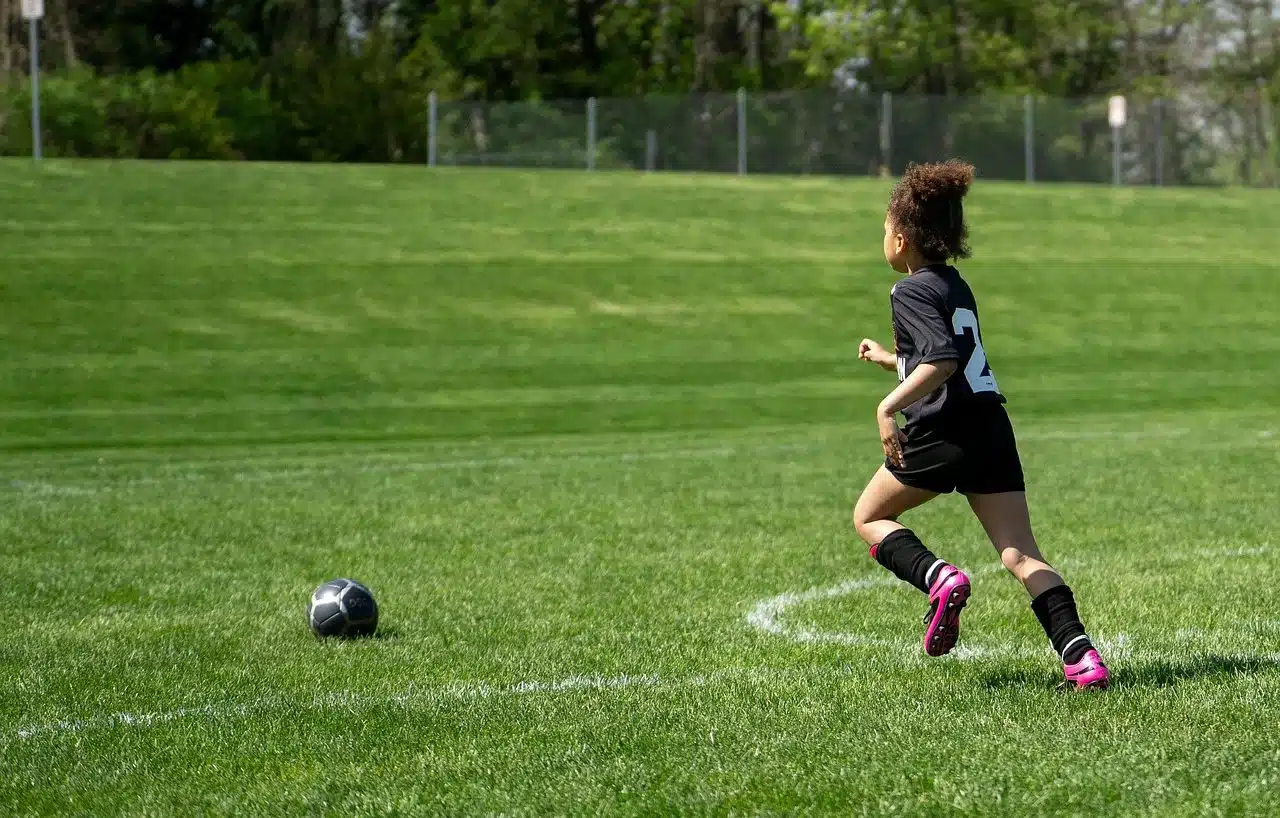
The player is someone who actively practices a sport.
A player is a person who actively participates in the practice of a sport, whether amateur or professional. You can play different roles within a team, such as competing in events, training, improving your skills, and contributing to overall performance. Players are critical to development and competition in a variety of sports, from soccer and basketball to tennis and chess.
Categories and positions
The categories and positions of the player in the sporting field vary depending on the specific sport.
- Field, track or court players : This category encompasses those who actively participate in the development of the game in the area designated for practice. Examples of this can be found in sports such as football, basketball and field hockey , among others;
- specific positions depending on the sport : for example, in soccer , there are the forward , the midfielder, the defender and the goalkeeper or goalkeeper; in basketball, the point guard, the shooting guard, the forward , and the center; in volleyball , the setter, the attacker, the opponent and the libero, among others;
- substitute players : those who do not start the game from the beginning, but are available to come into action at any time in case of need, whether due to injury , fatigue or the coach's tactical strategy . Although they are not always in the spotlight, they play a crucial role in providing depth to the team and maintaining competitiveness throughout the game;
- youth and veteran players : this category refers to age and experience. Youth players are those who are in the initial stages of their sporting career, often with great potential but still developing. On the other hand, veterans have vast experience in the sport, and bring not only skill and tactical knowledge, but also leadership and stability to the team.
In summary, each category and position of the player in the sport adapts to the needs and specificities of each discipline. From outfield players to substitutes and from youth players to veterans, each plays a unique role in the success and dynamics of a sports team.

Fair play consists of pursuing victory fairly.
fair play
The concept of fair play is fundamental in any sports tournament or championship . This is an ethical principle that promotes honesty, respect, integrity and sportsmanship in competition. It goes beyond simply following the rules of the game; It involves a commitment to behavior both on and off the field.
During the development of a championship, fair play is manifested in several aspects. First of all, players must respect the referees' decisions and accept them, even if they do not agree with them. This involves controlling emotions and avoiding unsportsmanlike behavior such as foul play, deception or provocation towards the opponent.
Fair play is also reflected in the relationship with the opponent. Players must compete fairly , without attempting to gain advantages by violating the rules or taking advantage of situations unfavorable to the opposing team . In this sense, competition should be seen as an opportunity to measure skills and improve oneself, instead of seeking to harm the opponent .
Physical and technical training is essential for sports performance, but fair play also implies ethical and moral training . Athletes must be educated in the values of respect, loyalty and honesty, both from their coaches and from their own experiences in competition.
Referees have a lot to do with the application of fair play . Their fairness and rigor in enforcing the rules of the game help maintain integrity and fairness. Their authority is essential to prevent unsportsmanlike behavior and ensure a fair and safe playing environment for all participants.
Ultimately, fair play refers not only to the individual behavior of the players, but also to the collective spirit of the competition. The teams that practice it seek victory honestly and ethically , valuing this above the final result. In addition to enriching the sporting experience, fair play strengthens the bonds of camaraderie and respect between players.

Work in the gym is essential for the player's maintenance.
Training and care
The training and care of the sports player are fundamental aspects to guarantee optimal performance and prevent injuries throughout their career. This care covers various aspects ranging from physical preparation to comprehensive mental and emotional health care.
The training of the sports player begins from an early age, where the development of technical and tactical skills specific to their discipline is encouraged. Regular practice, along with concentration and commitment, are essential to improve performance and achieve success on the playing field.
The use of appropriate sports shoes is very important to prevent injuries and improve performance . These must provide the necessary support and adapt to the individual characteristics of each athlete, such as the stride and shape of the foot.
In addition to training on the court or field, work in the gym plays an important role in the player's training. Muscle strengthening, flexibility and resistance work are key aspects. Sports nutrition is another fundamental aspect: a balanced diet appropriate to the athlete's energy and nutritional needs is essential to optimize performance and accelerate recovery after practice.
To maintain mental and emotional balance , the support of professionals such as a sports psychologist is essential. These experts help the athlete manage stress, improve concentration and maintain motivation throughout their career. In addition, the physiotherapist collaborates in the prevention and treatment of sports injuries.
Finally, the physical trainer is responsible for designing personalized training programs that adapt to the individual needs of the player. These include specific exercises to improve endurance , strength , speed and agility.
